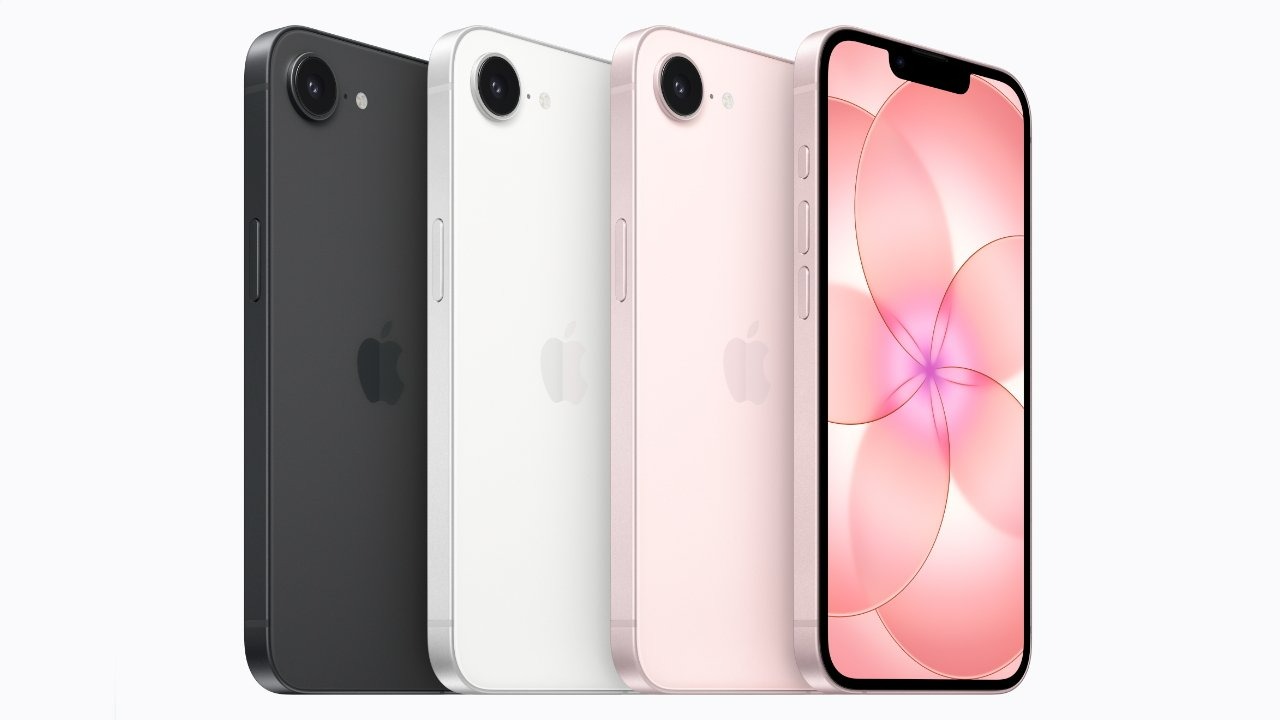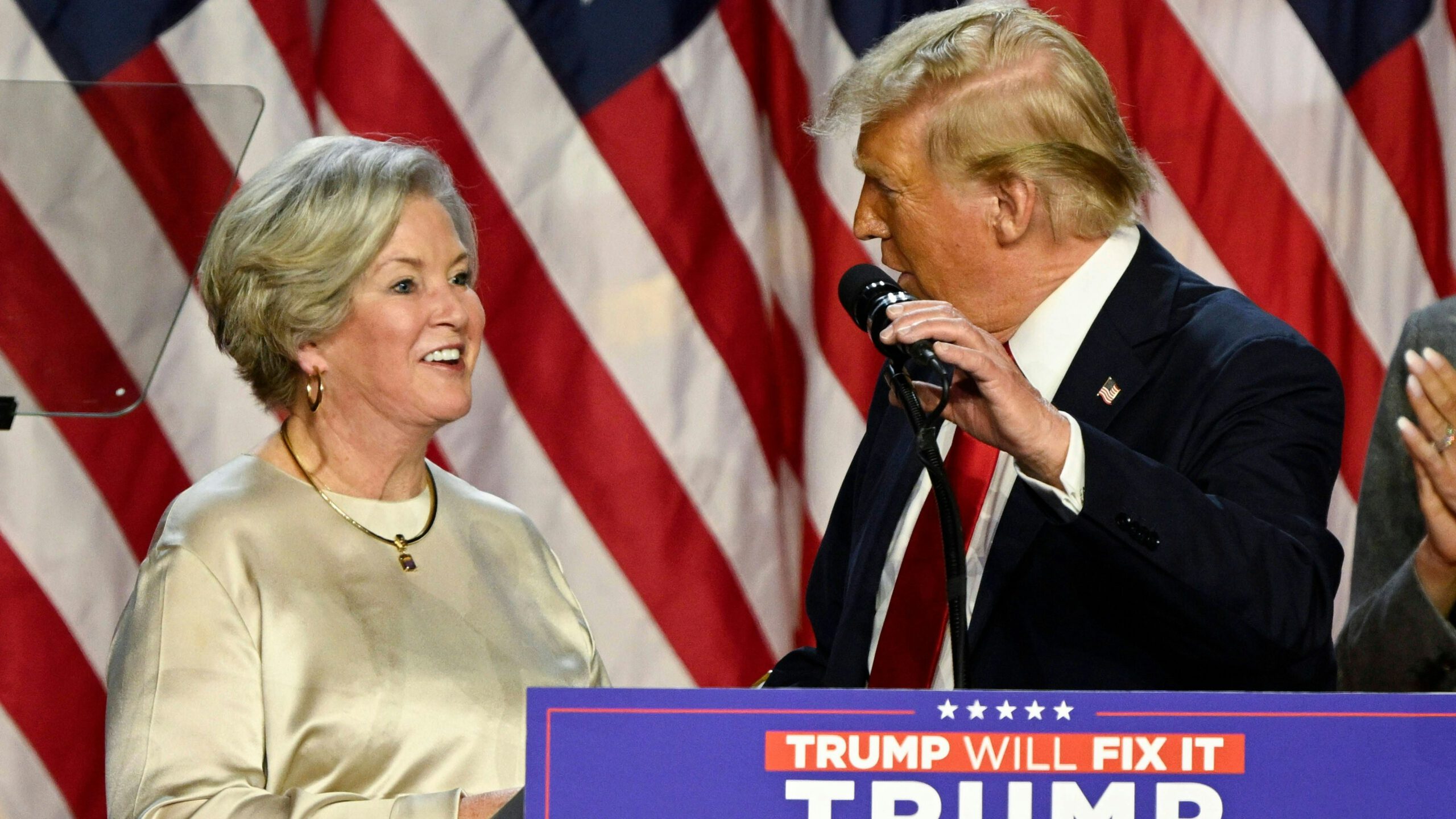Your Fortnite spending might finally pay off—literally. The Federal Trade Commission approved $126 million in refunds for nearly one million players caught in Epic Games’ web of confusing purchase prompts and deliberately complex refund processes. Think of it as the gaming equivalent of getting your money back from those subscription services that make canceling harder than solving a Rubik’s cube blindfolded.
The settlement covers unwanted in-game purchases made between January 2017 and September 2022, plus unauthorized charges from kids between January 2017 and November 2018. Epic Games allegedly used “dark patterns”—those sneaky interface tricks that make you buy things accidentally, like putting the “Purchase V-Bucks” button right where your thumb naturally rests during gameplay.
Filing your claim requires either your claim number (check your email) or Epic Account ID. You’ll need to be 18 or older or have a parent file on your behalf. Refunds arrive via check or PayPal, with 90 days to cash checks and 30 days for PayPal redemption. The average payout hits around $130—enough for a decent dinner out, but not quite enough for that gaming chair you’ve been eyeing.
Scam alert: The FTC never asks for payment or login credentials to issue refunds. If someone contacts you demanding fees or account access, treat them like a telemarketer calling during dinner—hang up immediately. For legitimate questions, contact Rust Consulting at 1-833-915-0880 or [email protected].
This payout follows December’s $72 million distribution to over 629,000 players, bringing total refunds near $200 million. The settlement sets a precedent that’ll make other gaming companies think twice before designing purchase flows that would make a casino blush. Game on, mobile game developers, with those “accidentally clicked the $99.99 gem pack” interfaces.
The claim portal stays open until July 9, 2025. Whether you’re reclaiming lunch money from accidental emote purchases or settling a years-old dispute over those V-Bucks your kid bought, this settlement proves that sometimes, the house doesn’t always win.






























